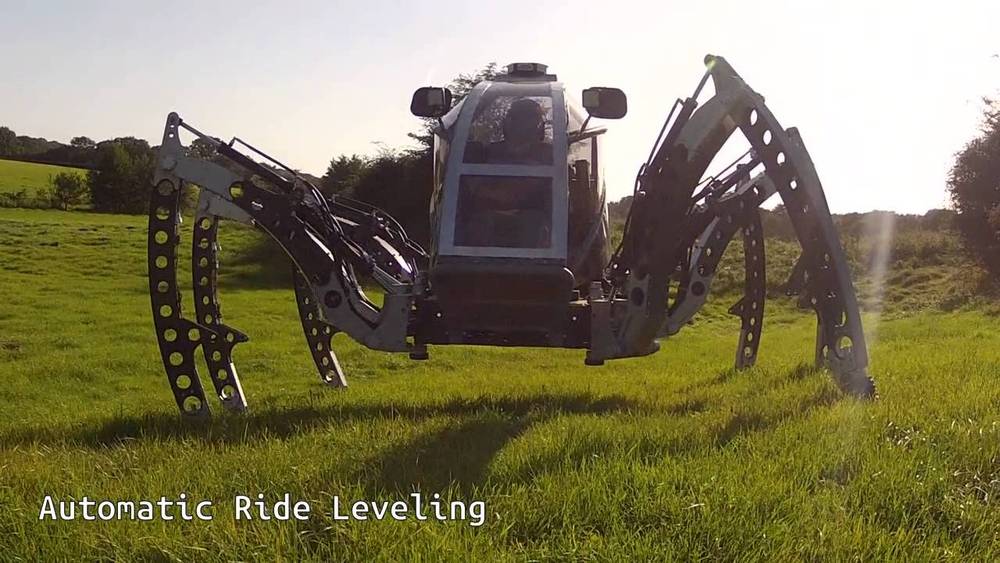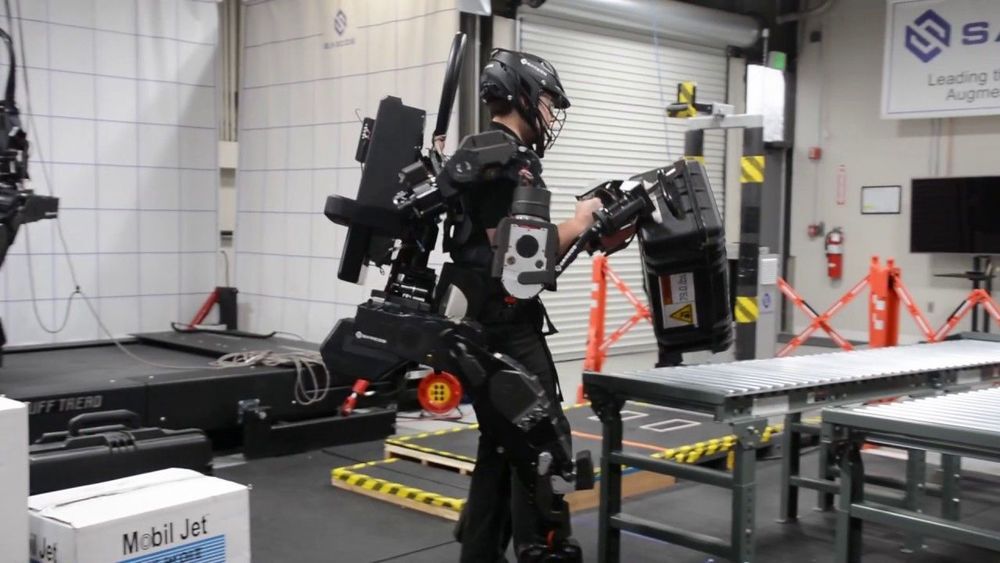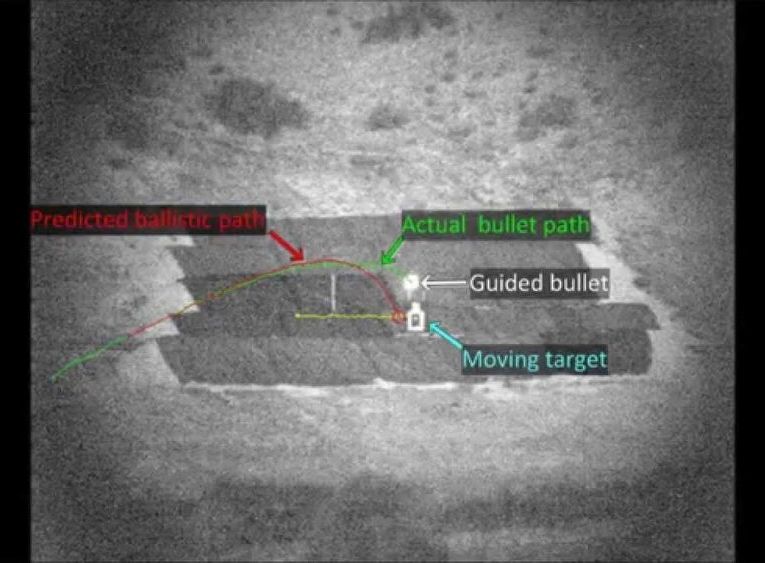Circa 2013
Mantis hexapod test footage edit. This video was shot during initial field tests in May and October 2012.
Continue reading “Mantis — Hexapod Walking Machine Tests 2012” »

Circa 2013
Mantis hexapod test footage edit. This video was shot during initial field tests in May and October 2012.
Continue reading “Mantis — Hexapod Walking Machine Tests 2012” »
Russian scientists have unveiled a “Superman suit” they claim lets the wearer walk through fire and grenade blasts unscathed.
Vladimir Putin’s military says the suit is made of a heat-resistant “aramid” type material that can withstand half a minute of direct flame contact.
The heatproof suit, part of the country’s Ratnik program is expected to be ready for use by 2020.
Venezuelan President Maduro says US-backed “mercenaries” tried to oust him, a claim the US denies.
Circa 2018
As part of the country’s massive re-arming and military modernization efforts, Russia’s defense apparatus has been quietly developing a next-generation suit that will give its wearers enhanced strength, awareness and combat effectiveness, and has reportedly already tested it in battle.
Created as part of the Ratnik (Russian for warrior) system program, the suit isn’t designed for special operations forces, but rather, general infantry use. That’s right — the average Russian infantryman will step outside the wire wearing game changing battle rattle, likely by 2025.

Circa 2011 face_with_colon_three
Racing a hydrofoil bicycle through a slalom course!
more Informaton and pictures of this bike at http://www.human-powered-hydrofoils.com/hydrofoils/waterbike/
watch the Trampofoil do the same course even faster: http://youtu.be/jDQDQ_zIxl0
or watch an even faster Waterbike: http://youtu.be/RaYhyeGxYoA
Specialty subdivisions of BMW and Range Rover offer bulletproof variants of the luxury automakers’ current models, and other aftermarket companies like Brabus and AddArmor go a step further by making donor vehicles damn-near bombproof. But none of those examples look anywhere near as sturdy as the Armortruck SUV.

Circa 2019
When you imagine an exoskeleton, chances are it might look a bit like the Guardian XO from Sarcos Robotics. The XO is literally a robot you wear (or maybe, it wears you). The suit’s powered limbs sense your movements and match their position to yours with little latency to give you effortless superstrength and endurance—lifting 200 pounds will feel like 10.
Continue reading “Robotic Exoskeletons, Like This One, Are Getting More Practical” »
Circa 2013
“Nanotechnology offers unprecedented possibilities for progress—defeating poverty, starvation, and disease, opening up outer space, and expanding human capacities. But it also brings unprecedented risks—the specter of devastating wars fought with far more powerful weapons of mass destruction.” — Chris Phoenix, Director of Research, Center for Responsible Nanotechnology.

Circa 2015 face_with_colon_three
We already have smart guns, but DARPA has taken the next logical step — the defense agency has built smart bullets. The military agency has shown off new footage of its Extreme Accuracy Tasked Ordnance — shortened to EXACTO rounds — that show the smart bullets maneuvering in mid-air to hit moving targets.
Continue reading “Watch DARPA’s magic bullets change course to hit moving targets” »
Researchers at the Department of Energy’s (DOE’s) Oak Ridge National Laboratory (ORNL) have finished the preliminary commissioning of a new 14-tesla magnet at the Spallation Neutron Source (SNS). This new sample environment allows researchers to explore the fundamental physics behind complex behavior of quantum matter.
The magnet, which also features an optional dilution refrigerator insert, is the latest low-temperature sample environment to be commissioned at SNS. Weighing 2,670 pounds and standing nearly 7 feet tall, this massive device is an excellent tool for researchers wanting to learn more about materials that exhibit quantum phenomena. Its powerful magnetic field forces quantum particles to behave in an orderly way, giving scientists the opportunity to locate patterns in otherwise disordered quantum systems. And with its refrigerator—which can chill samples to −459.65° F—scientists can essentially “freeze” molecular vibrations in materials that might appear as background noise in neutron scattering studies. This allows for more accurate measurements of the excitations associated with quantum magnets.
“Quantum systems often lack discernible order. This makes it difficult to understand their fundamental characteristics. This new sample environment lets us bring order to these systems we’re interested in studying,” said Matt Stone, a lead instrument scientist at ORNL.
